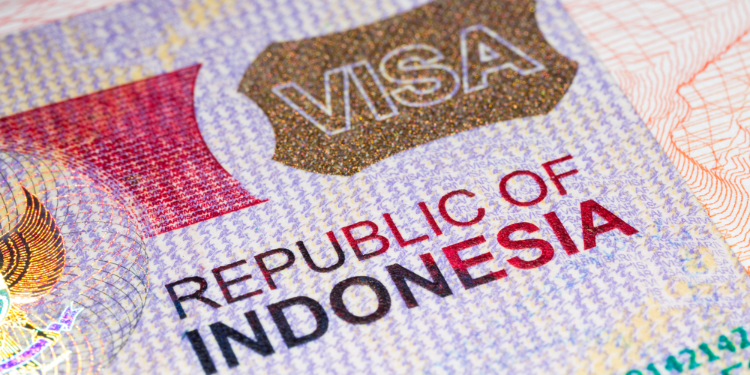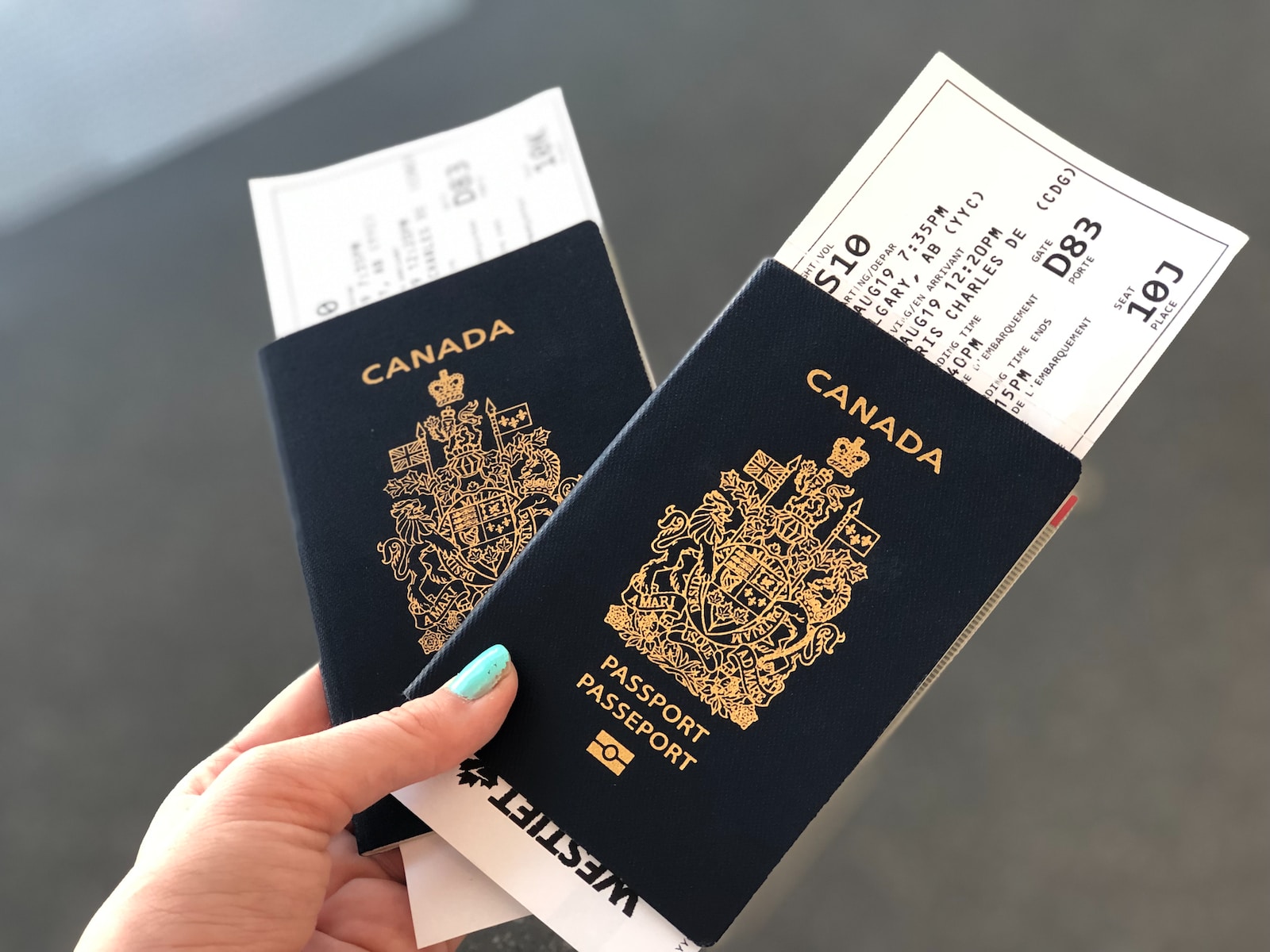Introduction to Visa Credit Card Application: A Guide to Getting Your Card
In today’s digital age, having a credit card has become essential for many individuals. It offers convenience, flexibility, and numerous benefits. If you’re considering getting a credit card, one popular choice is a Visa credit card. In this article, we will explore the process of applying for a Visa credit card, the eligibility criteria, required documents, and tips for using it responsibly.
What is a Visa Credit Card?
A Visa credit card is a payment card that allows cardholders to make purchases and borrow money up to a predetermined credit limit. Visa is one of the world’s leading payment networks, widely accepted by merchants worldwide. It offers various types of credit cards tailored to different customer needs, such as travel rewards cards, cashback cards, and low-interest cards.
Benefits of Visa Credit Cards
Visa credit cards come with a range of benefits that make them a popular choice among consumers. These benefits may include:
- Wide Acceptance: Visa credit cards are accepted at millions of locations globally, making them a convenient payment option.
- Rewards Programs: Many Visa credit cards offer rewards programs that allow cardholders to earn points, cashback, or travel miles on their purchases.
- Travel Benefits: Some Visa credit cards provide travel perks like airport lounge access, travel insurance, and discounts on airfare and hotel bookings.
- Security Features: Visa incorporates advanced security measures, including encryption and fraud monitoring, to protect cardholders against unauthorized transactions.
- Emergency Assistance: Visa offers 24/7 customer support and emergency services, such as card replacement and cash advances, in case of lost or stolen cards.
How to Apply for a Visa Credit Card
Applying for a Visa credit card is a straightforward process. Here’s a step-by-step guide to help you get started:
1. Eligibility Criteria
Before applying for a Visa credit card, it’s important to check the eligibility criteria set by the issuing bank. Typically, the criteria include factors like age, income, and credit history. You must meet these requirements to increase your chances of approval.
2. Required Documents
To complete the application process, you will need to provide certain documents. Commonly required documents include:
- Identification proof (such as a passport or driver’s license)
- Proof of address (utility bill or bank statement)
- Proof of income (pay stubs or income tax return)
Ensure you have these documents ready to expedite the application process.
3. Choosing the Right Visa Credit Card
Visa offers a wide range of credit cards, each designed to suit different needs. Research and compare the features, rewards programs, and fees associated with various Visa credit cards. Consider factors like annual fees, interest rates, and rewards that align with your spending habits and financial goals.
4. Understanding the Terms and Conditions
Before applying for any credit card, it’s crucial to read and understand the terms and conditions. Pay attention to interest rates, annual fees, grace periods, and penalties for late payments or exceeding the credit limit. Familiarize yourself with the terms to avoid any surprises later on.
5. Submitting the Application
Once you’ve chosen the Visa credit card that best fits your requirements, it’s time to submit the application. You can typically apply online through the bank’s website or visit a local branch. Provide accurate information and double-check all the details before submitting.
6. Approval Process
After submitting your application, the issuing bank will review your information and assess your creditworthiness. This process may take a few business days. If additional verification is required, the bank may contact you for further documentation.
7. Receiving and Activating the Card
Once your application is approved, the bank will issue your Visa credit card. It will be sent to your registered mailing address. Upon receiving the card, follow the instructions provided to activate it, usually by calling a toll-free number or through the bank’s website.
8. Tips for Using a Visa Credit Card Responsibly
Using a credit card responsibly is crucial for maintaining a healthy financial life. Here are some tips to keep in mind:
- Pay your bills on time to avoid late payment fees and negative impacts on your credit score.
- Keep track of your expenses and stay within your credit limit.
- Avoid unnecessary debt by only using your credit card for essential purchases.
- Regularly review your credit card statements and report any discrepancies or unauthorized transactions.
- Set up automatic payment reminders or alerts to ensure timely payments.
9. Fees and Charges
Visa credit cards may have associated fees and charges, such as annual fees, interest rates on outstanding balances, cash advance fees, and foreign transaction fees. Familiarize yourself with these charges to make informed financial decisions.
10. Security Measures
Visa employs robust security measures to protect cardholders from fraud and unauthorized access. However, it’s important to take precautions on your end as well. Keep your card in a safe place, never share your PIN or card details with anyone, and regularly monitor your transactions for any suspicious activity.
Conclusion
Applying for a Visa credit card is a relatively simple process that offers a range of benefits and financial flexibility. By understanding the eligibility criteria, choosing the right card, and using it responsibly, you can make the most of your Visa credit card while staying in control of your finances.
FAQs
1. Can I apply for a Visa credit card if I have a limited credit history? Yes, some Visa credit cards are specifically designed for individuals with limited credit history. Look for options like secured credit cards or cards targeted towards students or newcomers.
2. How long does it take to get approved for a Visa credit card? The approval process can vary depending on the issuing bank and the completeness of your application. It typically takes a few business days, but it may take longer if further verification is required.
3. Can I use my Visa credit card internationally? Yes, Visa credit cards are widely accepted internationally. However, be aware of foreign transaction fees that may apply for purchases made in a different currency.
4. What should I do if my Visa credit card is lost or stolen? If your Visa credit card is lost or stolen, contact your issuing bank immediately to report it. They will guide you through the process of blocking the card and issuing a replacement.
5. Are there any penalties for late payments on a Visa credit card? Late payments on a Visa credit card can result in late payment fees and may also impact your credit score. It’s important to pay your bills on time to avoid these penalties and maintain a good credit history.











